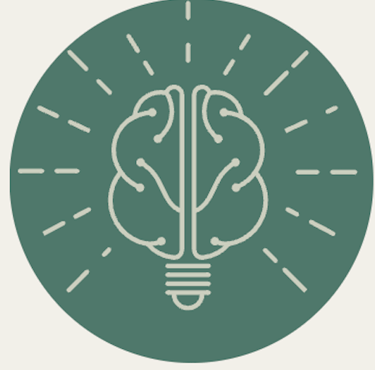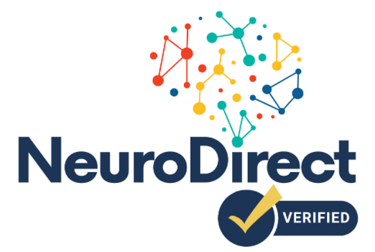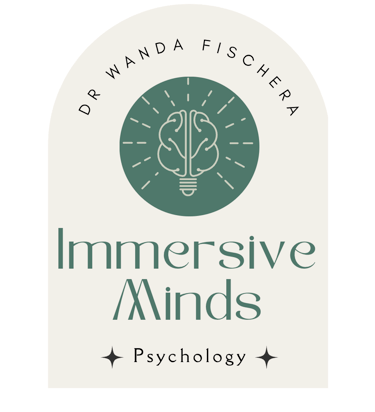Strategies to Improve Concentration and Reduce Immersion in Maladaptive Daydreaming
This post discusses attentional difficulties and ADHD for maladaptive daydreaming and offers some practical strategies.
ADHDMALADAPTIVE DAYDREAMING
Dr Wanda Fischera
5/8/20252 min read


Maladaptive daydreaming significantly undermines one's ability to concentrate and stay focused on real-world tasks. Individuals with this difficulty often become so deeply absorbed in their vivid, immersive daydreams that they struggle to pay attention at work, school, or during social activities.
This intense preoccupation with internal fantasies can lead to frequent distractions, making it difficult to complete assignments, follow conversations, or maintain productivity. One the other hand, the immersion in the daydream can last hours, sustained by music and repetitive movements. For example, studies have shown that maladaptive daydreamers may spend up to 4.5 hours a day lost in their fantasies, with some reporting over 8 hours a day.
Extended periods of daydreaming-sometimes lasting hours-can cause people to neglect responsibilities and experience a decline in academic or professional performance. This can create a cycle of distress, frustration and disengagement from reality, further fuelling the cycle.
Additionally, maladaptive daydreaming is often linked with executive dysfunction, a problem also seen in conditions like Attention-Deficit/Hyperactivity Disorder. This overlap means that those affected may have trouble with planning, decision-making, and self-motivation, further compounding their difficulties with concentration. The urge to return to the internal world can be so strong that individuals may feel frustrated or distressed when trying to focus on external tasks that are mundane.
Poor sleep quality, which is common among maladaptive daydreamers due to their active minds at night, can also worsen concentration problems. Sleep deprivation leads to tiredness and further reduces the ability to focus during the day, creating a cycle of fatigue and escapism through daydreaming.
In summary, maladaptive daydreaming disrupts concentration by monopolising attention, interfering with executive function, and contributing to poor sleep-all of which make it challenging to stay present and productive in daily life.
Here are some evidence-based techniques that can help with attention:
Mindfulness and Grounding Techniques
Mindfulness practices train the brain to anchor attention in the present moment, counteracting the pull of daydreams. Techniques like breath awareness, body scans, or sensory grounding (e.g., focusing on textures or sounds) can interrupt immersive episodes. Regular mindfulness meditation also strengthens attentional control, making it easier to recognise and halt daydreaming before it escalates.
Environmental Adjustments
Modifying your surroundings can minimize triggers and create barriers to daydreaming:
Reduce auditory cues: Avoid music or ambient noise that fuels fantasies in situations where immersion is possible, such as when you are alone at home or walking.
When you are trying to avoid immersion (e.g., needing to work or study), make sure you are in an environment that prevents immersion (e.g., in the office with people, library, cafe).
Journaling for Self-Awareness
Keeping a daydreaming journal helps track patterns and identify hidden triggers and help you stay motivated if you are working on reducing your daydreaming episodes. You could track:
The time and duration of episodes.
Emotional states beforehand (e.g., anxiety, loneliness).
Themes of fantasies (e.g., emotions elicited and sought).
Over time, this data reveals trends, such as daydreaming spikes during stressful times or after consuming certain media. Armed with this insight, you can preemptively address triggers-for example, practicing deep breathing before a stressful event or avoiding triggering TV shows.
Read more about ADHD in my blog or about therapy for MD and ADHD.
Support
Dr Wanda Fischera is offering personalised online therapy for individuals and groups. Registered with HCPC.
Connect & receive updates on services and free resources
© 2024. All rights reserved. By Dr Wanda Fischera
I respect your privacy and I will not pass on your details to third parties.




